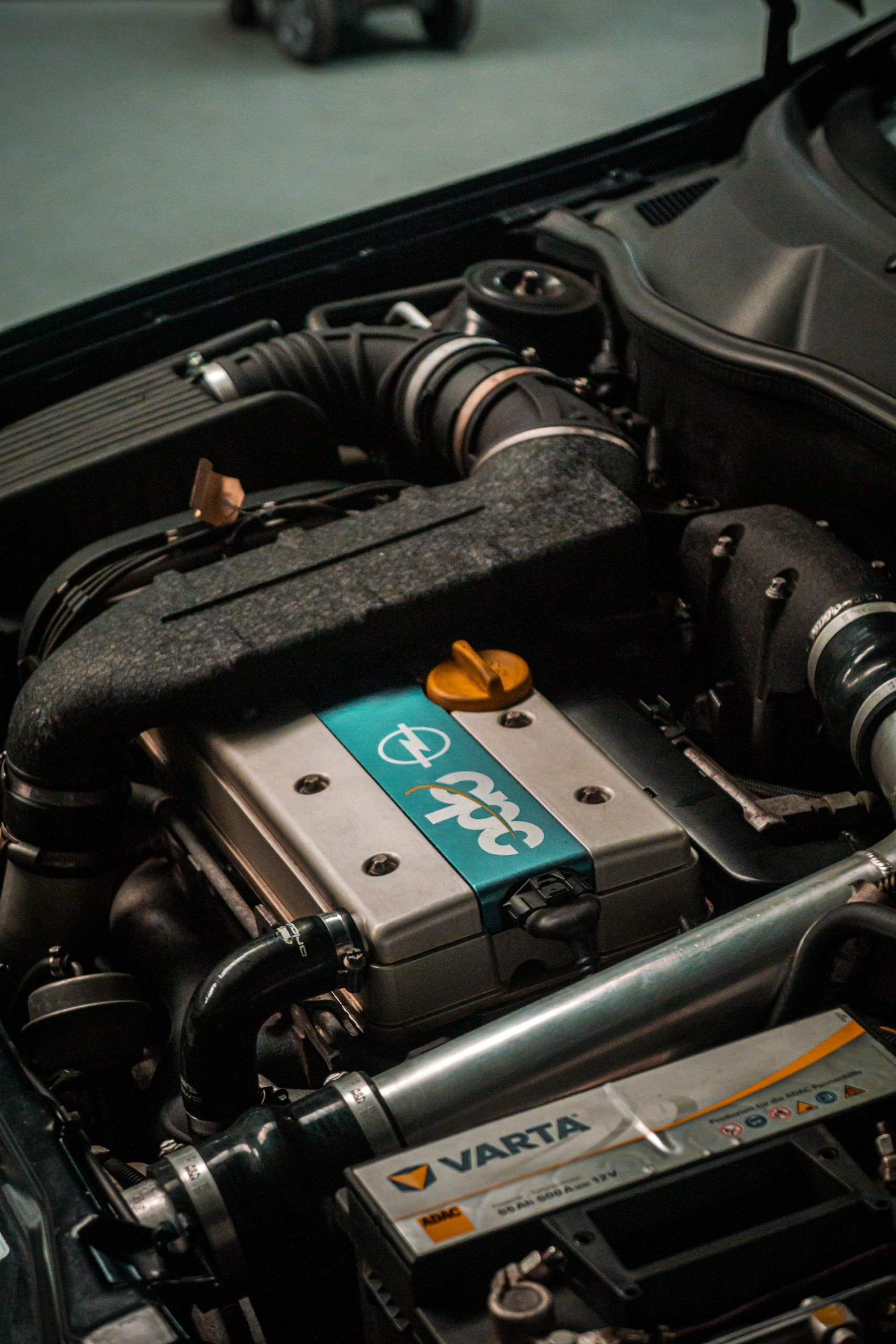Introduction
Japan, known for its technological prowess and commitment to innovation, is ramping up its efforts to support domestic electric vehicle (EV) battery manufacturing. With a vision to lead the global transition towards sustainable transportation, Japan recognizes the crucial role of EV batteries in powering the future. By providing extensive aid and incentives, the country aims to bolster its own battery production capabilities and establish a strong foothold in the rapidly growing EV market. In this article, we delve into Japan’s proactive measures to drive the revolution of domestic EV battery manufacturing.
The Rise of Electric Vehicles
Electric vehicles have emerged as a game-changer in the automotive industry, offering a greener and more sustainable mode of transportation. As countries strive to reduce carbon emissions and combat climate change, the adoption of electric vehicles has gained significant momentum. EVs are not only environmentally friendly but also contribute to energy diversification and promote energy security. To realize the full potential of electric mobility, the development and manufacturing of high-quality EV batteries are essential.
Japan’s Vision for Sustainable Mobility
Japan has long been at the forefront of technological innovation, and its automotive industry is no exception. The country has a strong vision for sustainable mobility and is actively pursuing strategies to transform the transportation sector. With a focus on electric vehicles, Japan aims to reduce greenhouse gas emissions, decrease dependence on fossil fuels, and build a resilient and sustainable transportation ecosystem. Recognizing the pivotal role of EV batteries, Japan is taking proactive measures to support domestic battery manufacturing.
Aiding Domestic EV Battery Manufacturing
To accelerate the growth of domestic EV battery manufacturing, Japan is implementing various aid measures. The government has introduced a range of incentives, subsidies, and tax benefits to encourage investment in battery production facilities. These incentives aim to attract both domestic and international companies to establish manufacturing plants in Japan. By providing financial support and creating a favorable business environment, Japan aims to foster the development of advanced battery technologies and ensure a stable supply of EV batteries.
Collaborative Initiatives
Japan understands the importance of collaboration in driving the EV revolution. The government is actively engaging with industry stakeholders, including automakers, battery manufacturers, and research institutions, to promote collaborative initiatives. These partnerships facilitate knowledge sharing, technological advancements, and the exchange of best practices. By leveraging the collective expertise and resources of these stakeholders, Japan aims to accelerate the development and deployment of cutting-edge EV battery technologies.
Research and Development Focus
To stay at the forefront of EV battery technology, Japan places a strong emphasis on research and development (R&D). The government, in collaboration with industry partners, invests significantly in R&D activities aimed at improving battery performance, longevity, charging infrastructure, and recyclability. By fostering innovation and pushing the boundaries of battery technology, Japan strives to enhance the overall efficiency, reliability, and safety of EVs.
Benefits for the Environment and Economy
The support for domestic EV battery manufacturing brings forth numerous benefits for the environment and the economy. By manufacturing batteries locally, Japan reduces the carbon footprint associated with importing batteries from abroad. It also strengthens the country’s energy security by reducing dependence on foreign suppliers. Additionally, the growth of the EV battery industry creates job opportunities, stimulates economic growth, and positions Japan as a global leader in advanced manufacturing.
Global Impact and Leadership
Japan’s proactive approach to supporting domestic EV battery manufacturing has significant implications for the global EV market. As the demand for electric vehicles continues to rise worldwide, the availability of high-quality, domestically produced batteries becomes crucial. Japan’s commitment to developing and manufacturing EV batteries not only supports its own automotive industry but also contributes to the global efforts towards sustainable transportation. By establishing itself as a leader in EV battery production, Japan sets a benchmark for other nations and inspires the transition to a greener future.
Conclusion
Japan’s unwavering commitment to domestic EV battery manufacturing marks a significant milestone in the global pursuit of sustainable mobility. By providing extensive aid, fostering collaboration, and emphasizing research and development, Japan is driving the revolution towards greener transportation. As the world shifts towards electric vehicles, Japan’s proactive measures position the country as a key player in the EV battery market. With a vision for a cleaner and more sustainable future, Japan’s support for domestic EV battery manufacturing is driving the transformation of the automotive industry.











